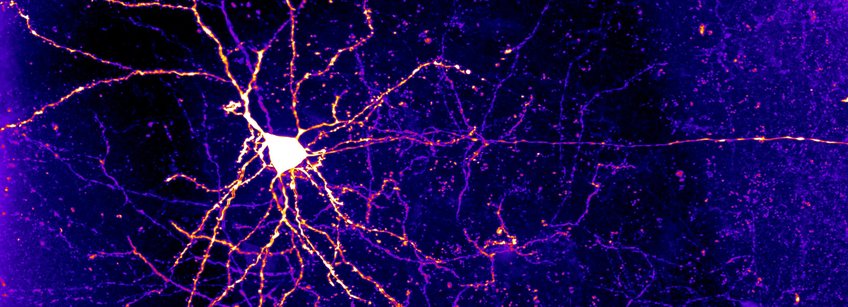
Max Planck Research Group Neural Dynamics and Behavior
Dennis Nestvogel
Our ability to interpret sensory signals and to solve day-to-day tasks is strongly dependent on our physiological and bodily state – including the level of arousal, motor movements, stress and attention. This dependency is particularly evident in students, who are striving to listen but find themselves drifting through alternating periods of attentiveness and sleepiness, taking in only a fraction of the words spoken by the lecturer. The goal of the research group “Neural Dynamics and Behavior” is to dissect the mechanisms in the brain that link changes in physiological and bodily states to our ability to perform sensory-guided tasks. For this, we make use of cutting-edge techniques including in vivo intracellular- and extracellular high-density recordings, mouse behavior and optogenetics. Ultimately, we aim to reveal how disruptions in state-dependent processing contribute to the etiology of psychiatric disorders like ADHD and schizophrenia in order to achieve better outcomes for people experiencing deficits in sensory-guided behavior.
You can find the link to the website of the research group here.